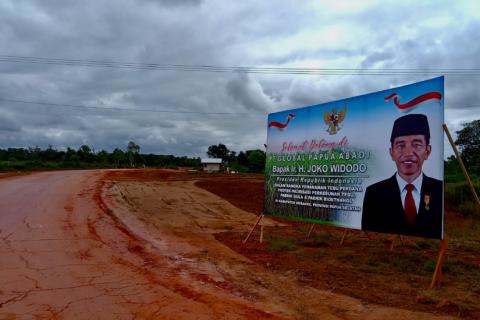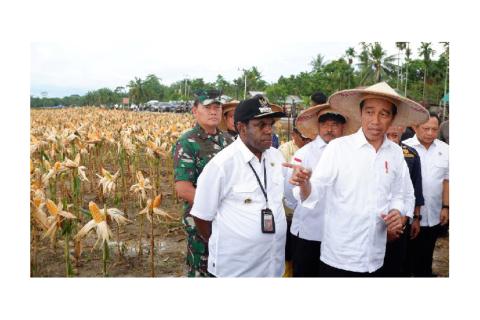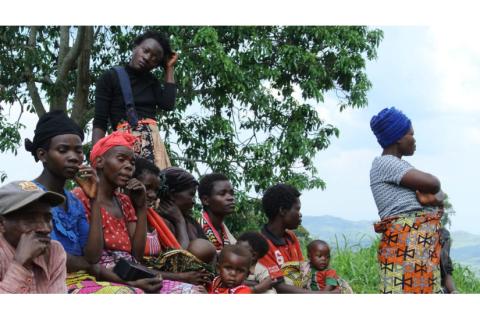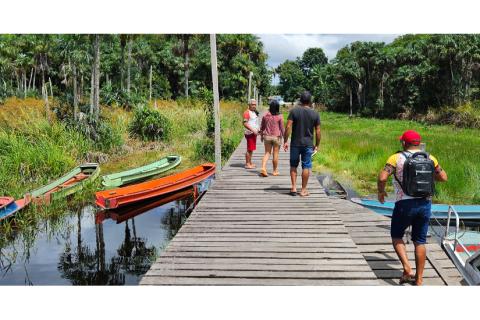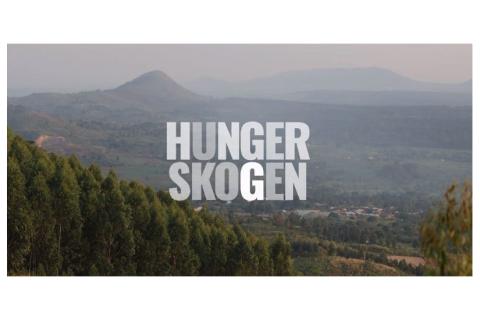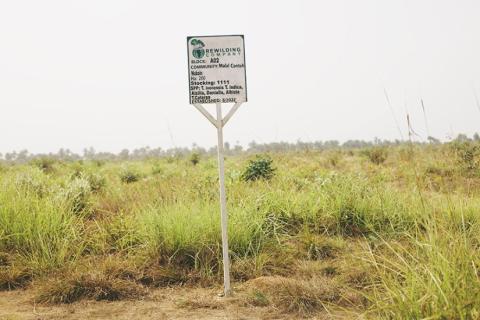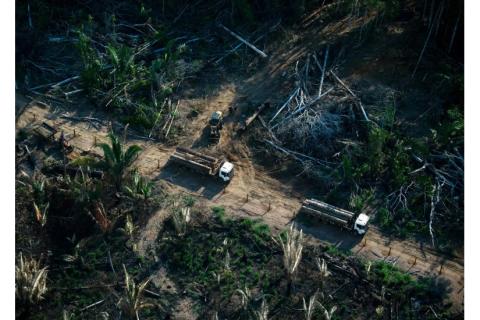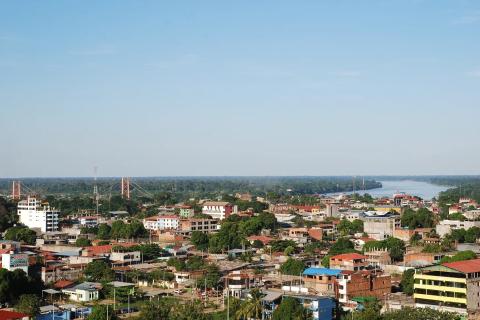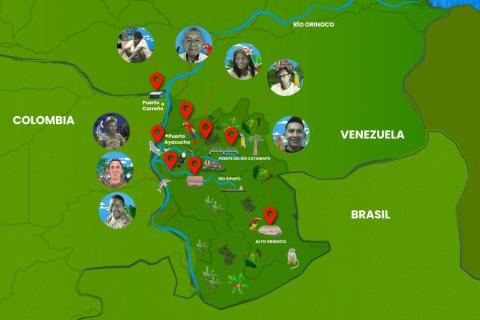The new program “PSN Merauke”, being implemented at a high speed, might become the biggest deforestation project worldwide, is overlapping with customary lands and will directly affect 40,000 indigenous people.
Other information
Recently, the Informal Alliance against industrial oil palm plantations in West and Central Africa has launched a new summary edition of the booklet “Promise, divide, intimidate, and coerce: Tactics palm oil companies use to grab community lands”.
On July 5, 2024, three peasant families were violently evicted in Paraje San Lorenzo 2, in the municipality of Wanda, in the Argentine province of Misiones. The provincial police carried out the eviction, in collaboration with the multinational company, Arauco. During the operation, the police destroyed the ten-hectare farm which had been the families' livelihood for a decade.
Indonesian President Jokowi planted the first sugar cane of one more mega-project in Merauke Regency in the South Papua Province on 23 July 2024. He claims the project will help to address the global food and climate crises. But it seems just one more disastrous large-scale project set up in Indonesia and Papua - such as the failed MIFEE project – that put the livelihoods of forest-dependent peoples at risk.
The African Commission of Human and Peoples Rights recently made public its historic ruling on the Indigenous Batwa Peoples’ right to return to their ancestral home from which they were violently evicted, when the Kahuzi-Biega National Park was created in Eastern DR Congo.
The podcast “Faroeste carbono” tells the story of how Carbonext, one of the largest carbon offset companies in Brazil, convinced quilombola communities in the state of Para in the Brazilian Amazon to sign a contract that restricts their autonomy and food production.
An investigation shows that While companies like the Swedish fast food chain Max Burgers AB sells ‘carbon neutral’ burgers, a carbon offset project in Uganda is pushing families into hunger.
A report documents how a tree planting carbon project in Port Loko, Sierra Leone is violating the country’s community rights laws and risks locking families into 50-year contracts. The British oil company BP has already paid USD 2.5 million to Carbon Done Right, one of the companies behind this tree plantation and carbon offset project.
An investigation exposed how carbon credits from three of the largest carbon offset projects in the Brazilian Amazon are linked to a criminal operation.
The certifying company has turned a blind eye to the fact that the Peruvian government has not only not demarcated the indigenous territory but has also given the company two contracts for concessions.
The Brazilian Coalition Agro é Fogo is made up of social movements and organizations that have worked for decades to defend the Amazon, Cerrado, and Pantanal regions, and the rights of their Peoples and communities.
The production of audio-visual tools, videos and podcasts in the Amazon, where Indigenous Peoples talk about their realities and resistance struggles, is increasing.
